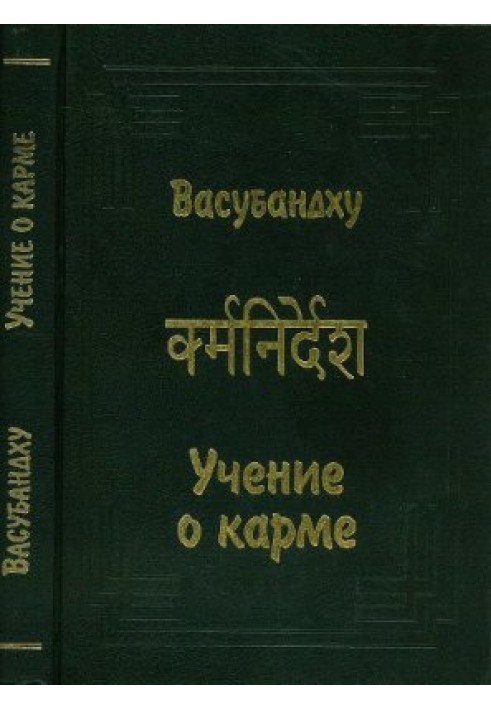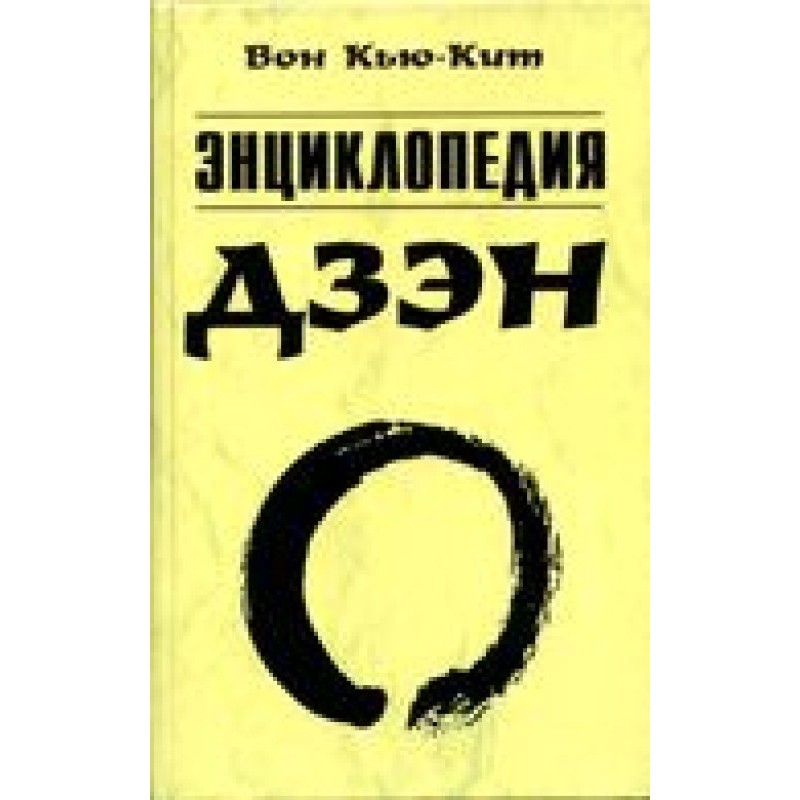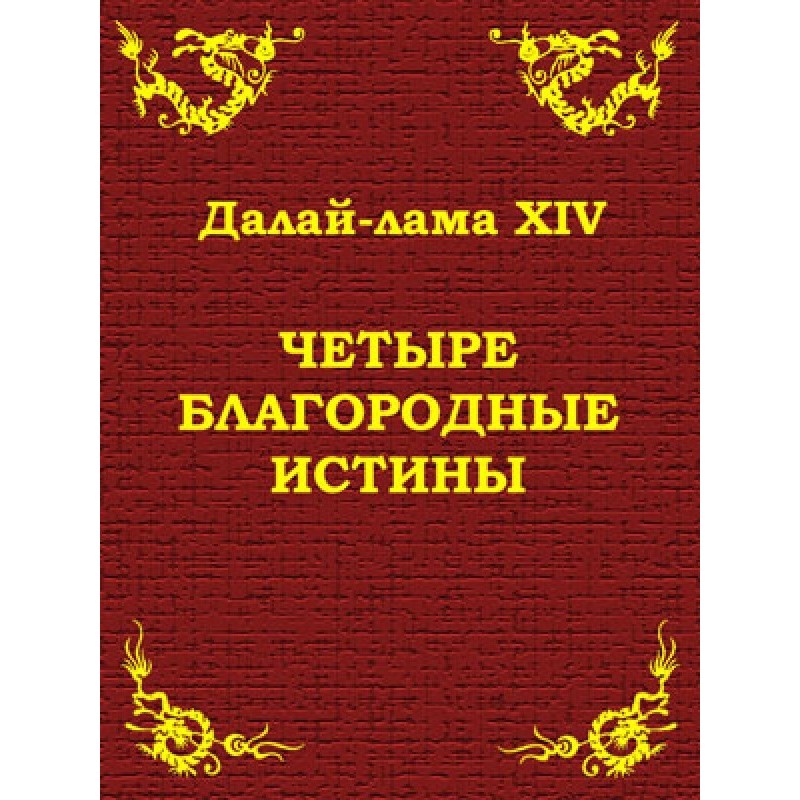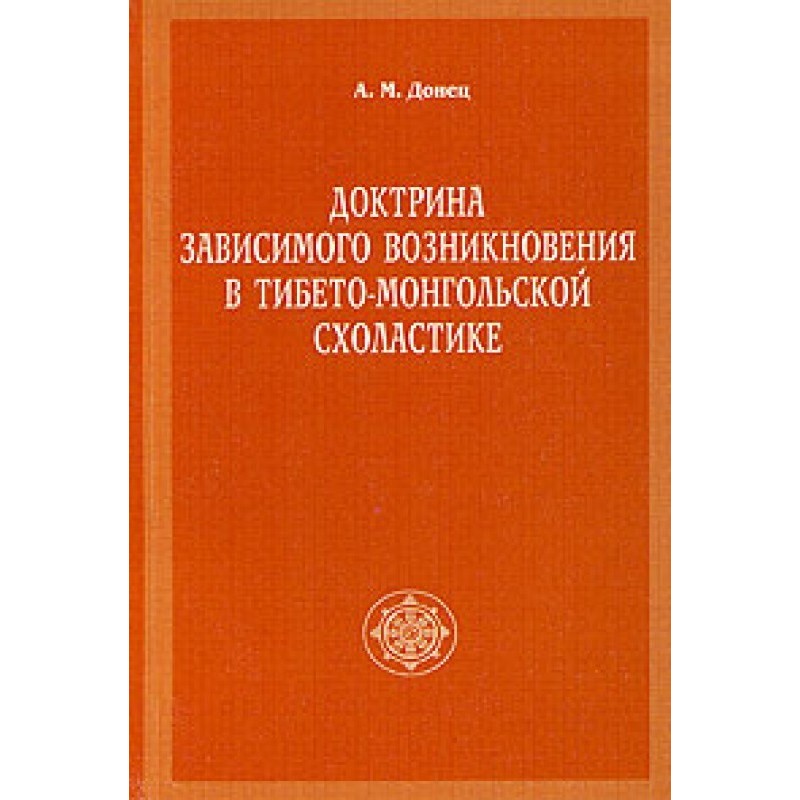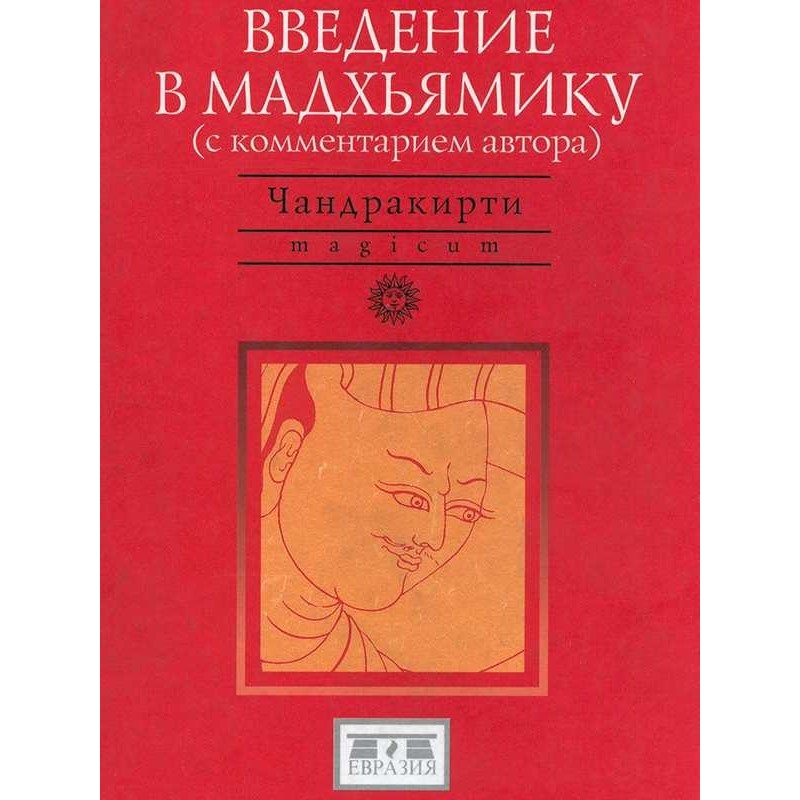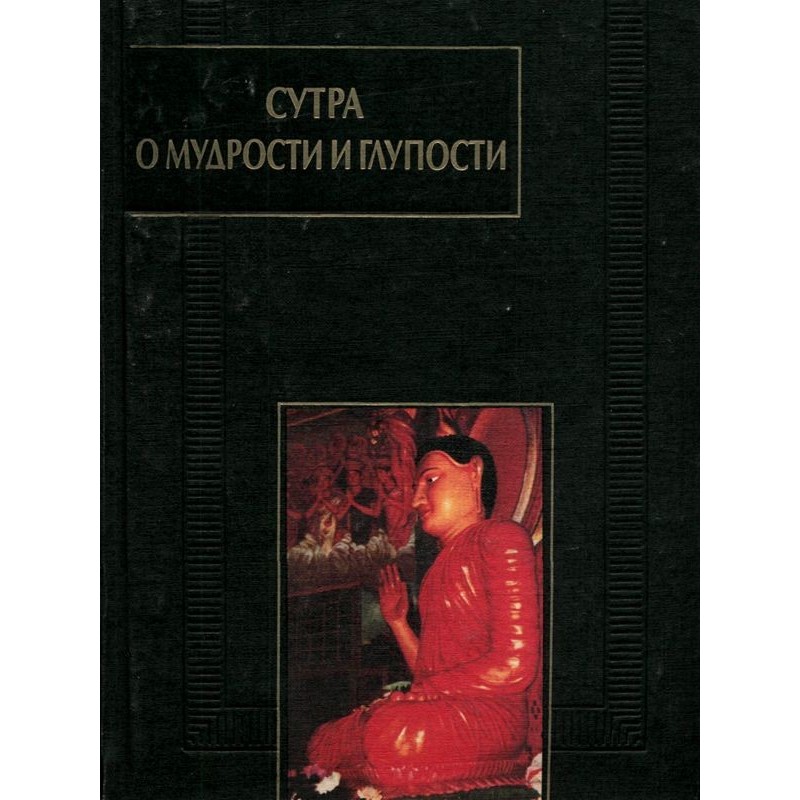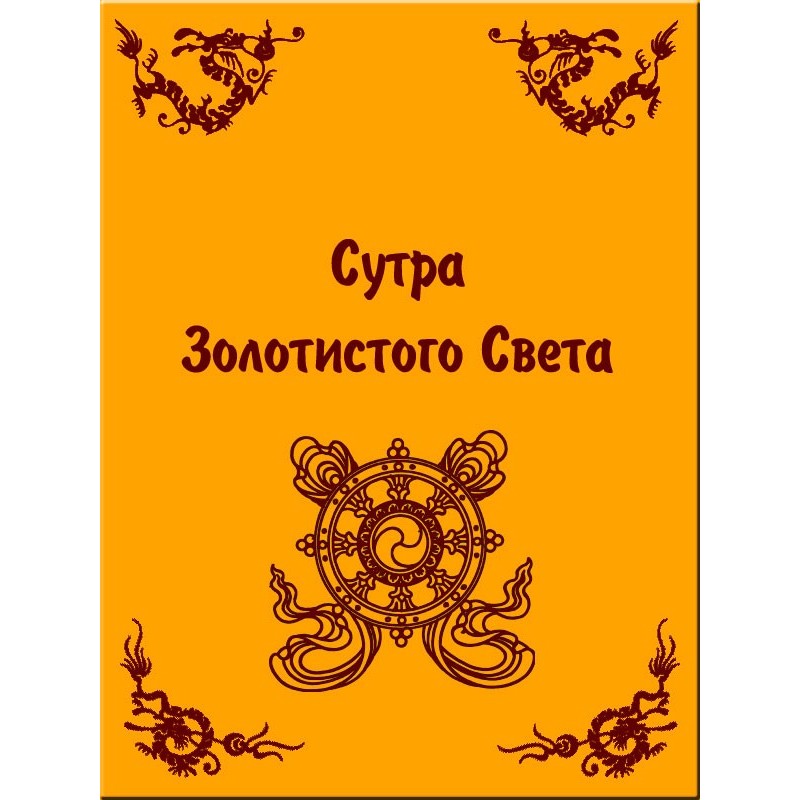Doctrine of Karma
 Instant download
Instant download
after payment (24/7)
 Wide range of formats
Wide range of formats
(for all gadgets)
 Full book
Full book
(including for Apple and Android)
The doctrine of karma (the concept of human activity) occupies an important position in the system of Buddhist theoretical speculation, linking into a single whole the ideas of Buddhist thinkers about the Universe, the cosmogonic role of human activity and the meaning of religious life. This publication presents the reader with this teaching as presented by Vasubandhu, one of the largest Buddhist philosophers of India in the ancient and early Middle Ages. The book contains a commentary translation of the fourth section of his treatise “Encyclopedia of Abhidharma” - “Karman-nirdesha” (“Teaching of Karma”), for the first time in the world made from the Sanskrit original of the monument, and extracts from other sections. The introductory article is a theoretical introduction aimed at preparing the reader for direct acquaintance with the text of the treatise. The extensive commentary includes voluminous quotations from other Buddhist monuments that have never been translated into Russian. CONTENTS: The doctrine of karma in the Buddhist post-canonical philosophical tradition 5 Vasubandhu. Karma-nirdesha (Teaching of karma) 41 Commentary 210 Extracts from Vasubandhu’s treatise “Encyclopedia of Abhidharma” 315 Dhatu-nirdesha (Teaching of the classes of elements) 317 Commentary 324 Loka-nirdesha (Teaching of the world) 337 Commentary 339 Anushaya-nirdesha (Teaching knowledge about affects) 341Commentary 349Bibliography 361
Data sheet
- Name of the Author
- Васубандху
- Language
- Russian
- Translator
- Валерий Исаевич Рудой
Елена Петровна Островская

